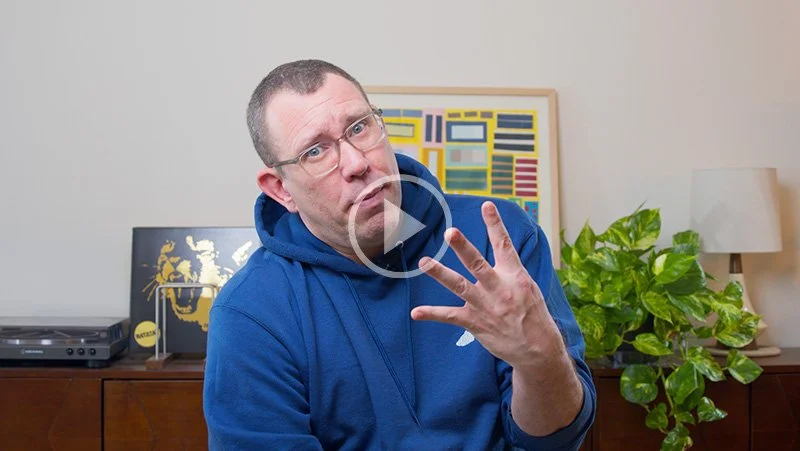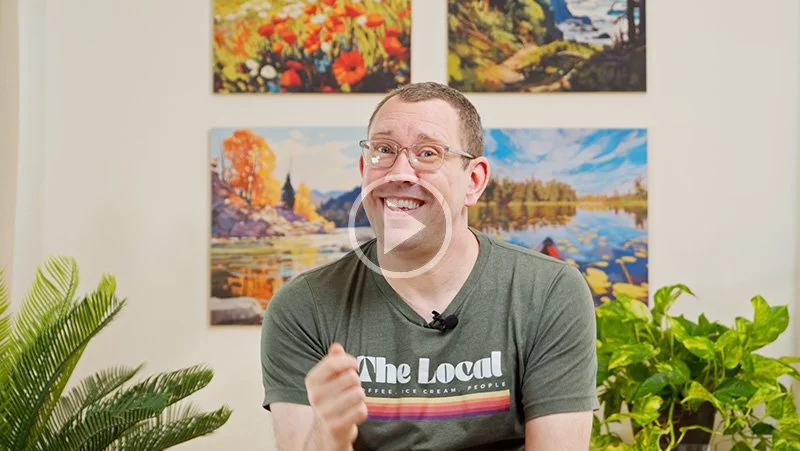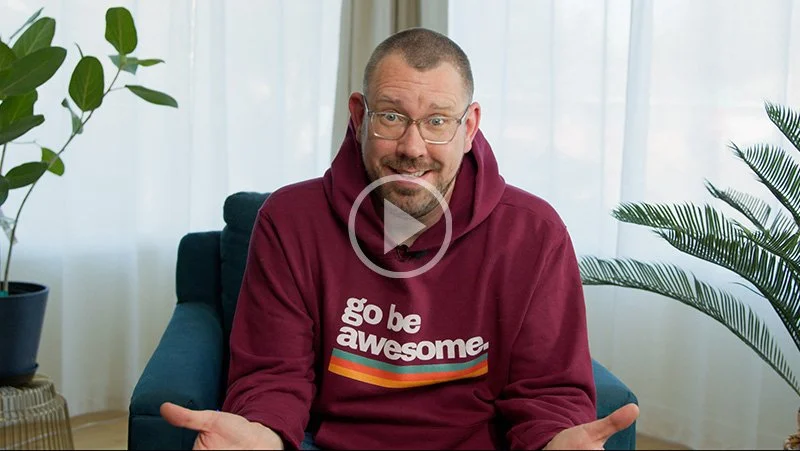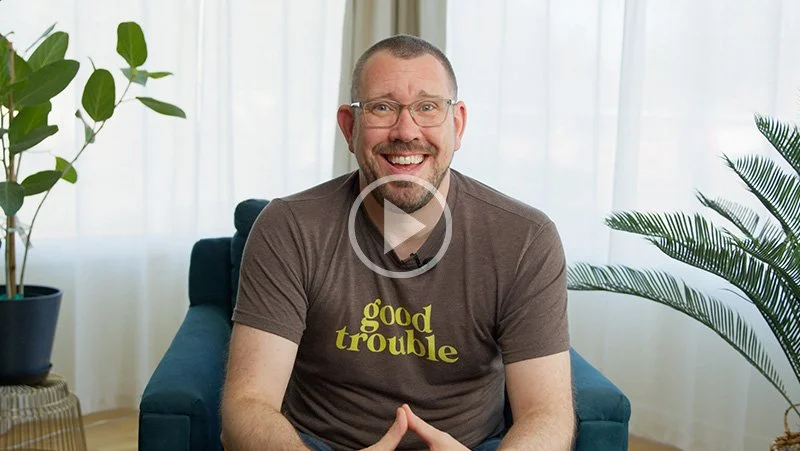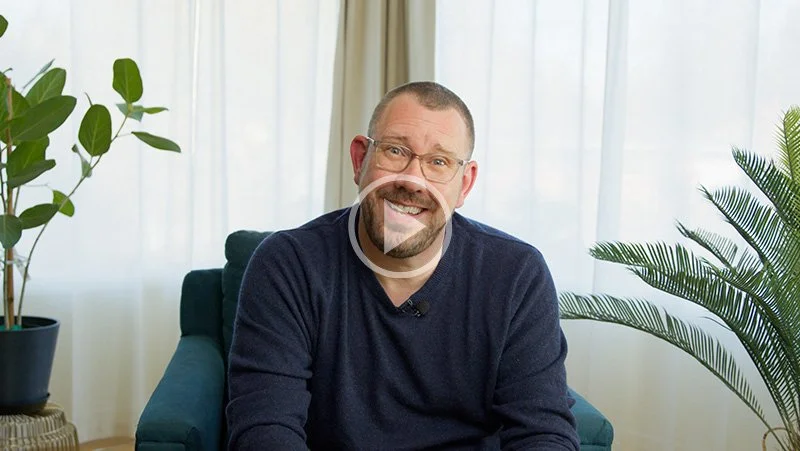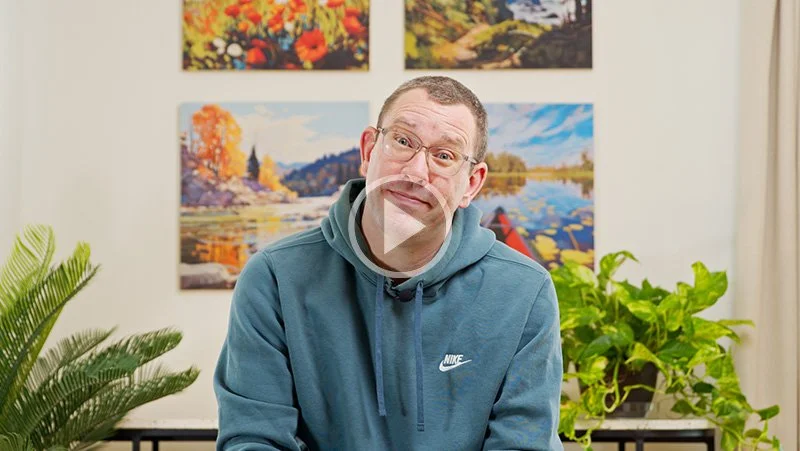Improving Growth Mindset
Welcome to the #culturedrop. Every Tuesday, Galen Emanuele emails tools to advance leadership skills, team culture, and personal growth. No spam, just great content. Sign up now to get it in your inbox.
Growth mindset is a topic near and dear to my heart; it’s tied into emotional intelligence and also key to being an awesome human being and leader. To help you embrace and adopt it for yourself, I’m going to share one very simple sentence that embodies all of growth mindset:
“I want to be better.”
Believing you can be better is where growth mindset begins.
“I want to be better” encapsulates everything that growth mindset is. Whether you are a leader, a colleague, a human being, a partner in a relationship—growth mindset starts with accepting that it’s ok not to be perfect. What matters is that you’re willing to work to be better.
For example, maybe you’re a leader and come to realize that you’re a micromanager. It can be uncomfortable to learn that’s the primary way you know how to lead people, but the discovery isn’t a bad thing. If you’re invested in becoming a better leader, knowing where to start and what you want to change is a gift.
“Improving your life starts with your willingness to say ‘I’m not great at this, but I want to be better.’”
This applies in personal relationships, too. Let’s say that you realize that you really struggle with navigating conflict or giving or receiving feedback well. Again, it’s not terrible to realize there are things you don’t know how to do well, it’s actually great and a positive sign of self awareness.
Nobody is born knowing how to do these things skillfully. What matters is what you do next. What matters is your desire to improve.
Improving your life starts with your willingness to say “I’m not great at this, but I want to be better.”
Wanting to be better in the workplace.
For many people, a workplace setting is one of the hardest places to encounter feedback. Whether it’s giving it to others or receiving it yourself, there are so many ways it can bring up feelings of shame and fear for people.
You are not alone if it’s a struggle to receive feedback without feeling threatened, attacked, or ashamed that someone is saying these things to you. You’re not wrong for experiencing emotions. The challenge is learning how to not get stuck in them or to treat them like a jail sentence. The hard work is recognizing that feeling vulnerable is okay and embracing it.
“Embracing vulnerability with open arms is the most powerful way to move through this world.”
The truth is, embracing vulnerability with open arms is the most powerful way to move through this world. The best way to grow and improve as a person, and to be respected and liked by other people is to be someone willing to say “this is something that I know that I struggle with and I want to be better.”
By making that space for yourself to grow and learn, you not only change your life but you help make that space for others to grow to. By embracing and modeling it yourself, you lead the way for a culture of growth.
Redefining strength.
In so many ways, our culture programs us to believe that vulnerability is a weakness, but it’s not, it’s a strength. It is not a sign of weakness to admit that we aren't great at something. The truth is the only thing that makes you look weak is pretending that you’re perfect at everything.
The most fragile people any of us will encounter are people who put up a false front—people that are threatened and defensive about feedback, and terrified for anyone to acknowledge or witness that they are flawed, imperfect humans, just like every one of us. We all have areas to improve, we all need feedback
“The truth is the only thing that makes you look weak is pretending that you’re perfect at everything.”
On the other hand, having the courage to be vulnerable—to say “I know I’m not perfect as a human being (or as a partner, or as a friend), and I want to be better”—makes it possible for every facet of your life to become better.
And it’s not enough to just say those words—you still have to actually work at getting better. The good news is that there are a billion resources out there. Whether you’re looking to improve at giving and receiving feedback, handling change, navigating conflict, leading and managing people, or learning how to not be a micromanager there are resources out there for you.
For anything you can think of, there are hours and hours of free YouTube videos, blogs, books, classes, consultants to hire—there are so many ways to improve the things you want to about yourself.
Simple. Not easy.
Just because this attitude seems simple, doesn’t mean it’s easy to adopt. It’s hard to unwind a lifetime of wiring inside our brains and the social dogma instilled in us. It may take time to fully accept and not need to hide the fact that it’s okay that you’re human and just as messed up and imperfect as the rest of us.
It takes courage. It’s an act of bravery and self-awareness to show up this way in relationships—whether that’s a leader, a colleague, a friend, a partner, or in any other human interaction that you have.
It takes courage to show up in an honest, vulnerable way and be transparent about your desire to grow as a person and get better at the things that matter to you, or that you just need to improve at..
It all begins with “I want to be better.”
Want more?
This article was created by Galen Emanuele for the #culturedrop. Free leadership and team culture content in less than 5 minutes a week. Check out the rest of this month's content and subscribe to the Culture Drop at https://bit.ly/culturedrop



